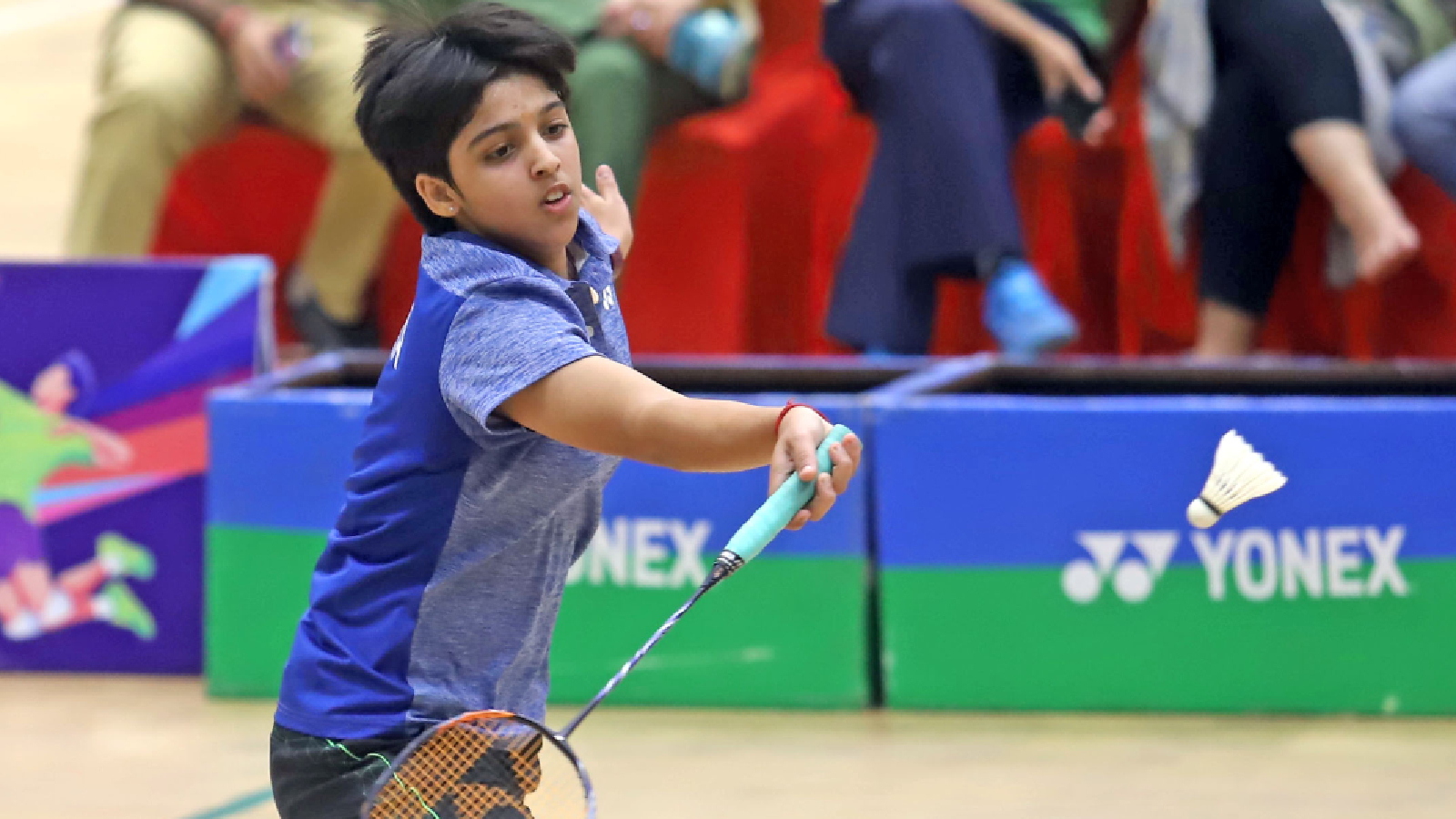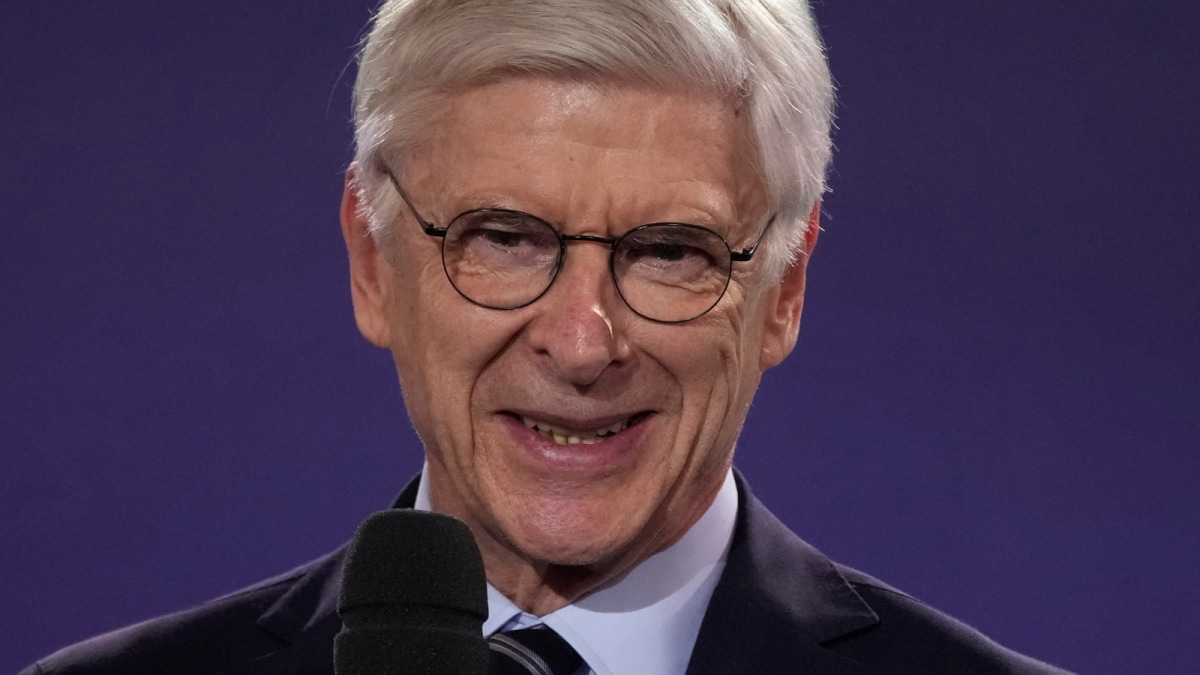ARTICLE AD BOX
Malcolm Whitehall, 78, has been at Kenilworth Warden club for the last 55 years. A chairman for over 10 years and now life member, he loves coming to this 12 acre sporting arena that is the home for 5 cricket and 25 football teams. It’s Saturday and the club’s main cricket team is playing a league game and Malcolm is running on the field with refreshments during drinks. Kenilworth is a town of 20,000 close to Birmingham. Over the years, many overseas players made this picturesque English county their home during summers, not earning much, staying with local families, doing odd jobs – all for that unique English cricket experience.
Malcolm is expecting a visitor, a Warden alumni, a former overseas player and part of the Team India touring party. India’s batting coach Sitanshu Kotak played for Wardens for 20 straight years, starting when he was 19. In his long stay, Kotak left a lasting impression on the club and that can be felt when Malcolm gets emotional speaking about him. “One of the most impressive things about him was kindness, politeness and also an incredible respect for his family. He left the club long back but we stayed in touch. He is a great ambassador of your country,” he says, his voice choking forcing him to take a small break to gulp down a glass of water.
Never to represent the country, Kotak has been a giant on the Indian domestic circuit, playing Ranji Trophy for 20 and scoring over 8000 runs with an average of above 40. He had a reputation of batting for hours and putting a heavy price on his wicket. In the 2009 Ranji Trophy semi-final against Mumbai, he scored 89 in 5 hours. Sachin Tendulkar, fielding in the slips, would tell him: “I had heard you don’t get out now I have seen. Bus maar aur out ho ja (Just hit and get out).” Such instigations don’t work with Kotak, who faced Ravi Shastri in his debut game and the last was with Cheteshwar Pujara and Ravindra Jadeja.
He had the same reputation in these parts but the English loved his methodical approach to batting and appreciated his effort for the team cause. Do the Wardens also remember him as a stodgy batsman? “He could be stodgy when he needed to be stodgy. But generally speaking, he was a batsman that took his time. He worked on the principle of batting a No.3. Most importantly, he was still there at the end and more likely than not, he’d won the game,” he says.
Kotak’s captain at Wardens, James Jordan, chips in. “The only 100 I got in the league, when I joined in batting and he was on 50 but I beat him to 100. He batted slow!” Jordan laughs.
Jordan remembers a peculiar match when the opposition packed the legside with all nine fielders. “There was this one special thing about Kotak. He was very good on the leg-side and kept playing there. So this team called Wellington, they were playing here and we’d virtually won the game. So they put all nine players on the leg side and Kotak still hit it through the boundary for four runs.”
An emotional summary lands from the captain. “Kotak spent 20 years with the Kenilworth Wardens Cricket Club. He was a fantastic player, always committed to the club, and the quality of the man, he never let us down and gave us everything. He even played when he was injured. He’ll always be our best friend and at the heart of this club. Yeah, I’m so proud to be here. His batting, coaching and passing on his knowledge of the game to others, that was what he was all about. I remember his hundred against Dorridge; they had this Australian bowler and a Warwickshire opening bowler but Kotak played with ease,” says Jordan.
Story continues below this ad
Paul Henderson, the man who batted after Kotak at No.4, too raves: “He was so committed to the people and the players. He spent a lot of time coaching. We loved him as a player and as a person.”
He also had a reputation of a deadly bowler too. “I don’t think he bowled much at home in India. He did bowl his loopy spin that was difficult to handle. But here I think he still holds the Birmingham League record, one season he took 83 wickets. All through those 20 years, 50 wickets was a regular thing for him,” say Malcolm.
Commitment to the club is Kotak’s legacy here and an example often quoted. They still remember the time when Kotak’s father was not well at his home in Rajkot. That was to be a hectic season for him. Kotak would play the weekend games, take a flight to India and return on Friday. His father had told him, at best he could miss just one game for the club, not any more.
Kotak didn’t contribute to the club as a trusted No.3 and a chief wicket-taker, he gave much more. “He did a lot of coaching for us. He used to bring on the youngsters to the club. Quite frankly, he didn’t come here for the money we paid him, this was just his second home. He would even sit on the roller if the ground needed rolling,” he says.
Story continues below this ad
The seeds of coaching were sown in Kotak at Kenilworth. After informally training juniors at Warden, he would take up the English Cricket Board coaching courses. This would prepare him for his second innings after retirement. As soon as he retired, Kotak was made the Saurashtra Ranji coach. He was also with IPL franchise side Gujarat Lions. In the Indian coaching system, Kotak has truly risen from the ranks. NCA, India A and now India batting coach – the graph has seen a steady rise.
Malcolm said that the reason Kotak kept returning to Wardens and Kenilworth was the family-oriented nature of the place. All through those 20 years Kotak played here, he stayed at the home of one family – the Joshis. “I think another reason, he liked to come here even after he got married, was he could spend time here with his family. India cricket kept him out for months. He used to come over with his wife, and then with one child, and then with two children,” says Malcolm.
The Wardens club stint would help Kotak polish his new-ball batting and also his English, something that comes in handy as an international coach. But Kotak, always the firm batsmen, didn’t change his eating or social habits. “He’s a vegetarian and doesn’t drink alcohol. We used to try and persuade him to have a glass of wine about once a season. But it didn’t work. He would sit with the boys, everybody would have alcohol and he would just smile and enjoy his soft drinks,” recalls Malcolm.
Late in the evening, Kotak meets Malcolm and old mates. They talk about old times, the brotherhood of Wardens very much intact. There is praise for their mate and also leg-pulling. And that explains why the Wardens veteran was torn while watching the Test at Leeds. Does he back his Warden boy or England? In the end, it all worked out well. England won the game, the Indian batsmen, coached by the Wardens boy, scored many centuries.



.png)
.png)
.png)

























 English (US) ·
English (US) ·